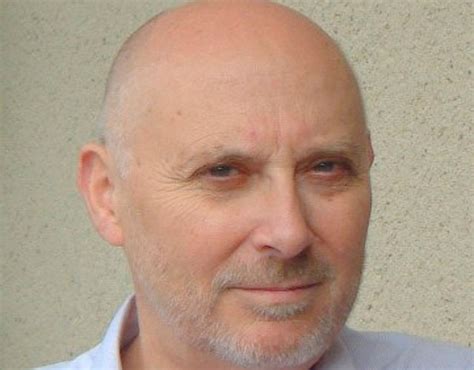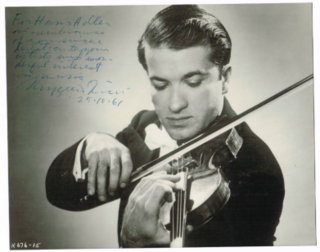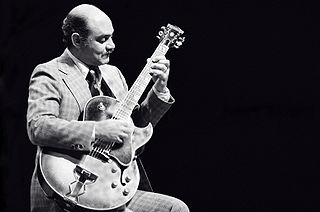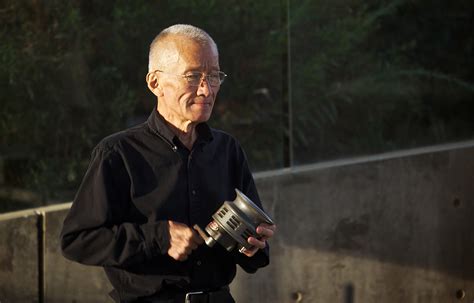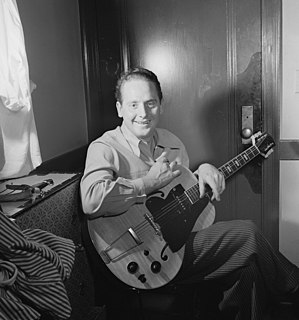A Quote by Howard Snell
It is the height of professionalism to be able to make an ordinary piece of music sound good. When playing routine melodic studies the player must treat them as if they are musical value.
Related Quotes
You can't think and play. If you think about what you're playing the playing becomes stilted. You have to just focus on the music I feel, concenctrate on the music, focus on what you're playing and let the playing come out. Once you start thinking about doing this or doing that, it's not good. What you are doing is like a language. You have a whole collection of musical ideas and thoughts that you've accumulated through your musical history plus all the musical history of the whole world and it's all in your subconscious and you draw upon it when you play
You can treat musicians like actors - you give them a roadmap but don't tell them what to do, and let their personal style or interpretation speak in the piece. And in both film and music, you create a space where people feel safe to do their best. You treat songs like scripts that can be interpreted a lot of different ways.
My music is so mine, it's hard to turn it over to someone else. I have to be really involved in the production. It's like someone else taking care of your kids - if they don't treat them well, you're going to be pissed off. I'm actually co-producing [Backwoods] with my guitar player of 20 years, Kent Wells. We make a good combination... I think we're going to have a real good record.
Of what use is the universe? What is the practical application of a million galaxies? Yet just because it has no use, it has a use - which may sound like a paradox, but is not. What, for instance, is the use of playing music? If you play to make money, to outdo some other artist, to be a person of culture, or to improve your mind, you are not really playing - for your mind is not on the music. You don't swing. When you come to think of it, playing or listening to music is a pure luxury, an addiction, a waste of valuable time and money for nothing more than making elaborate patterns of sound.
